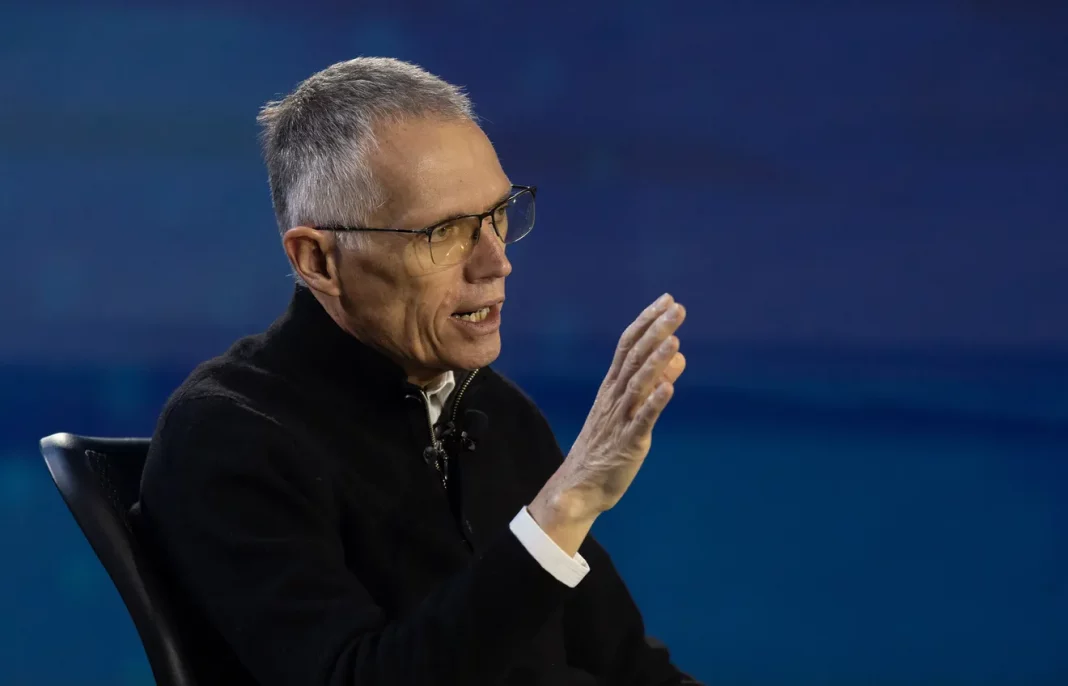Carlos Tavares, Stellantis’s Chief Executive Officer, said at an event on Friday that he does not foresee the semiconductor chip shortage ending this year and expects the issue to drag into 2023. He announced that the “semiconductor supply is still very short, the situation is very similar to that of 2021” and added that “2022 [will] not bring a major improvement.”
According to Tavares, the shortage of suppliers has been alleviated compared to 2021 but is still an ongoing problem for Stellantis. He indicated the automaker is currently “hurt by a low number of chip suppliers, maximum three or four,” but said he predicts the situation will improve next year.
When speaking about the ongoing war in Ukraine, Tavares said the impact on the automaker’s revenue has been “very, very marginal,” but added that all automakers are being affected by the situation to some extent. Last week, a spokesperson for Stellantis said the automaker has not yet been impacted by Russia’s decision to cut off the gas supply to Poland, where Stellantis operates three manufacturing facilities.
Tavares said Stellantis’s overall business forecasts have been “conservative” and “would remain unchanged.”
The semiconductor chip shortage has had a detrimental impact on all automakers, and forecasts of when the situation will improve are mixed. Many companies are projecting things to stabilize next year, while others, such as Volkswagen and semiconductor producer Intel are less optimistic and predict things will not stabilize until 2024.
Did you enjoy this article from Kimberly Hurley? Read other articles on CBT News here. Please share your thoughts, comments, or questions regarding this topic by submitting a letter to the editor here, or connect with us at newsroom@cbtnews.com.
Be sure to follow us on Facebook and Twitter to stay up to date or catch up on all of our podcasts on demand.
While you’re here, don’t forget to subscribe to our email newsletter for all the latest auto industry news from CBT News.










